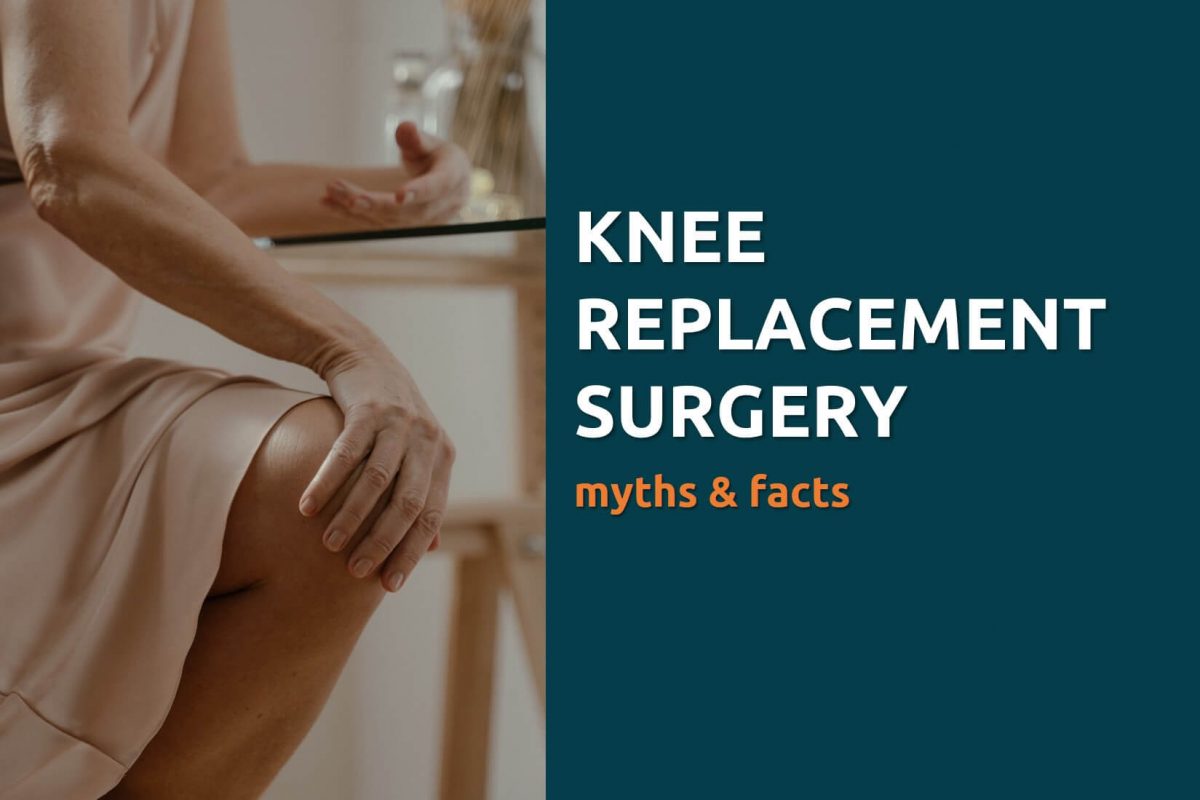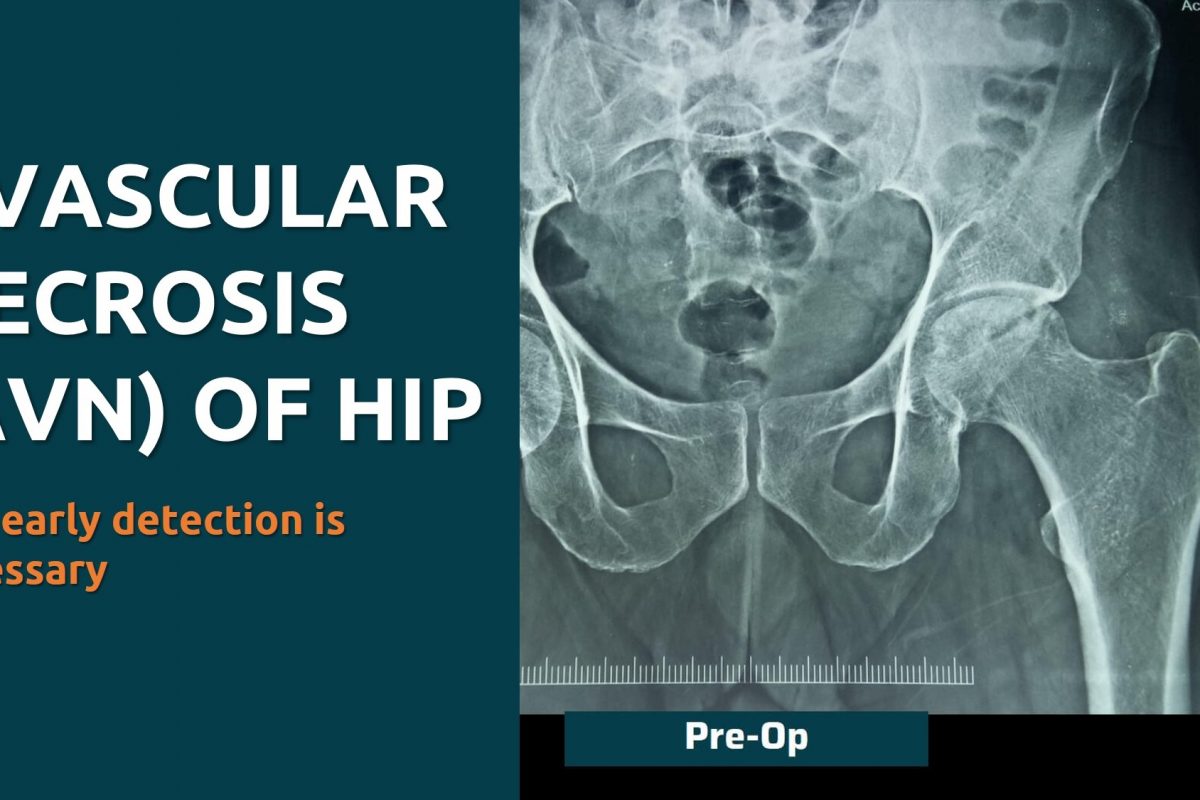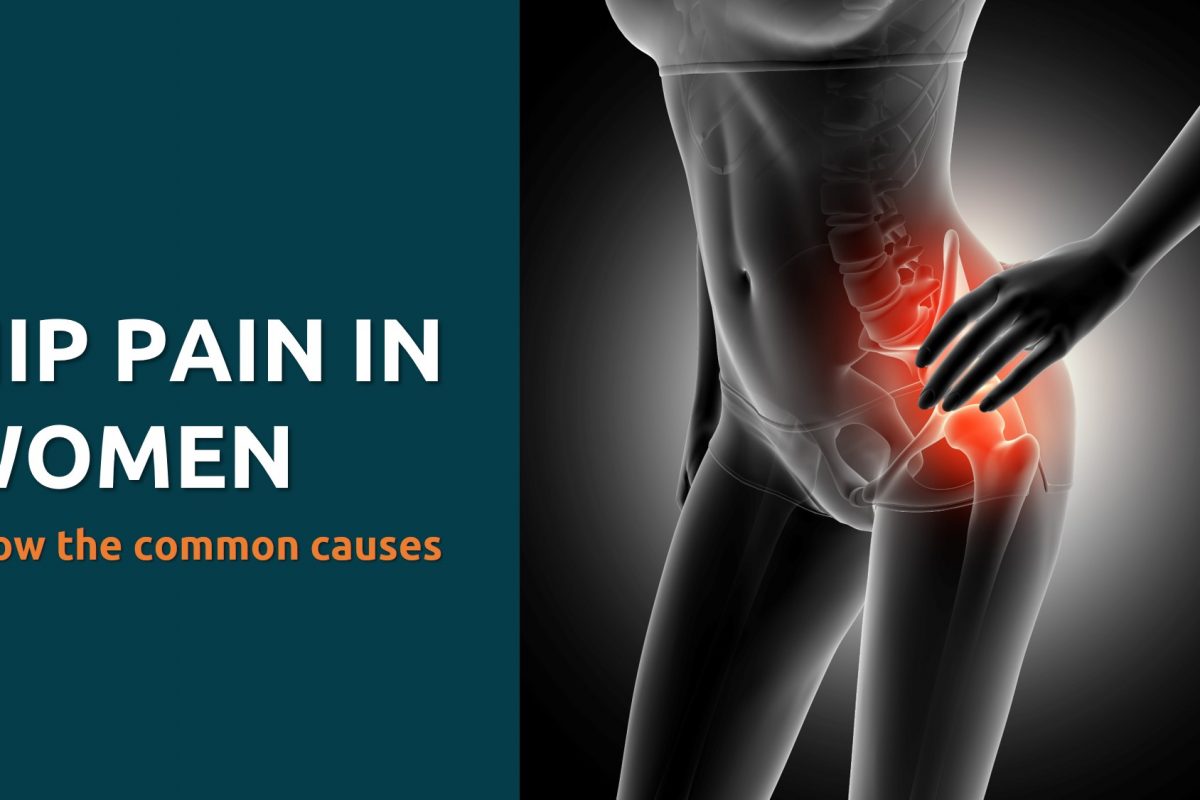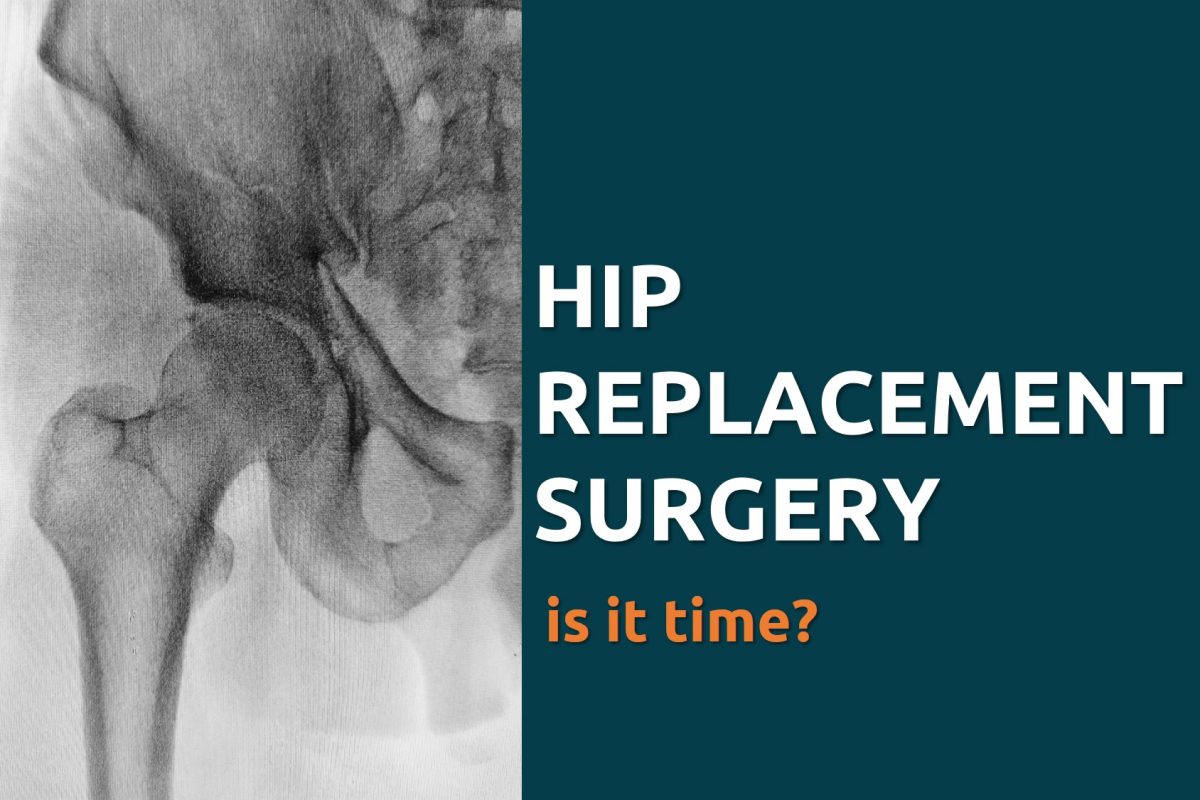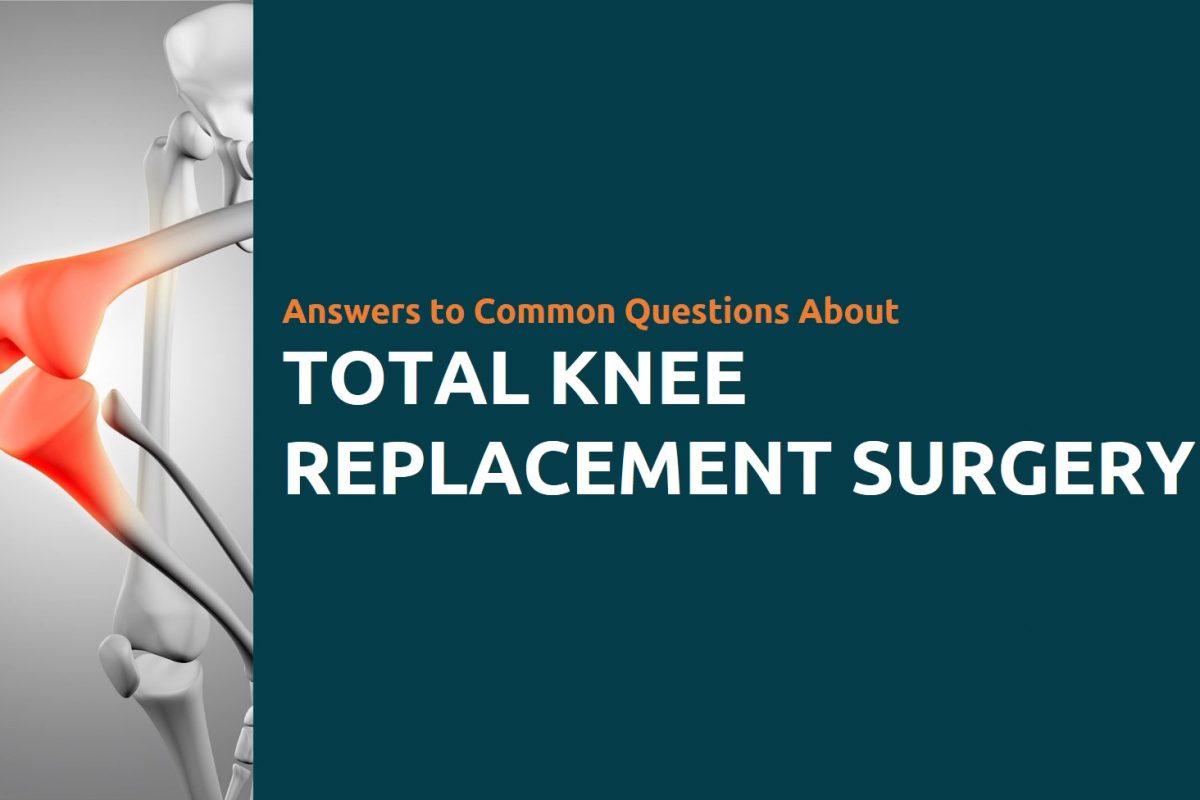Knee replacement surgery involves replacing the worn-out or diseased knee joint with an artificial joint called a prosthesis. Knee replacement surgery is beneficial in relieving pain and restoring your lost disabilities. It has a 95% success rate.
Despite the fact that the knee replacement surgery can be a good treatment option, many people still have many misconceptions regarding it and it prevents many from getting the treatment on time.
Myth 1: Knee replacement surgery has very low success rate
Fact: Total knee replacement surgeries have a success rate of 95% in most cases. It is the best surgical treatment for those who can not perform their minor routine activities due to extreme knee pain.
Myth 2: Knee replacement surgery should be avoided as long as possible
Fact: It is absolutely not correct. It is not advisable to wait for the surgery until the pain becomes intolerable. Unnecessarily waiting for surgery and delaying it, is technically more challenging for the surgeon and it causes patients’ health to deteriorate overtime.
SEE ALSO: When is the time for knee replacement surgery?
Myth 3: Bending of the knee or sitting on the floor is difficult even after the replacement surgery
Fact: This is the most spread misconception but the fact is different. It totally depends on the quality of the knee surgery, prosthesis used and post-operative recovery of the patient. Some prosthesis allow the range of knee movements same as the normal knee joints.
Myth 4: If the surgery fails or knee implant fails, there is no chance for a repair
Fact: If surgery fails for any reason, your doctor may perform a second surgery, called revision knee replacement surgery. This is performed after evaluating the reasons of failure for the first surgery.
Myth 5: It is not possible to drive after knee replacement surgery
Fact: Driving is easier after the surgery. Most of the people start driving within 6-8 weeks of surgery.
Myth 6: Old aged people cannot undergo knee replacement surgery
Fact: Age is not a limiting factor when it comes to knee replacement surgery. The patient can undergo surgery at whatever age he is at, be it 45 or 65. All it requires a clinical fitness of the patient and a nod from the knee surgeon or an orthopedic surgeon.
Myth 7: It takes months and months to recover after a knee replacement surgery
Fact: The recovery period after a knee replacement surgery totally varies from patient to patient depending on their health conditions and post-surgery care. Some patients tend to recover within a few weeks of their knee replacement surgery and gradually resume their normal routines.
Final takeaway
With most of the myths surrounding total knee replacement surgery debunked, now you must have a clear understanding that knee replacement surgery is a wise decision to make. Unnecessarily waiting for surgery and delaying it is not a wise decision.
Sources/Credits
Banner Image: www.pexels.com

